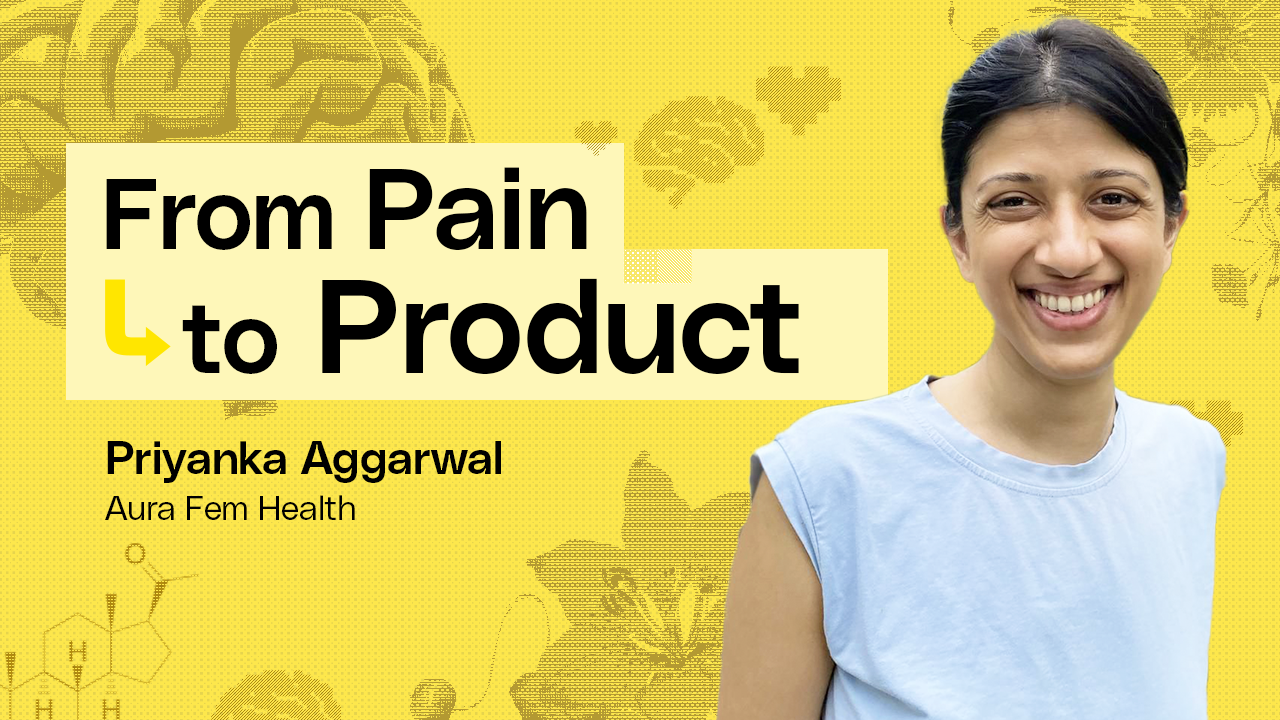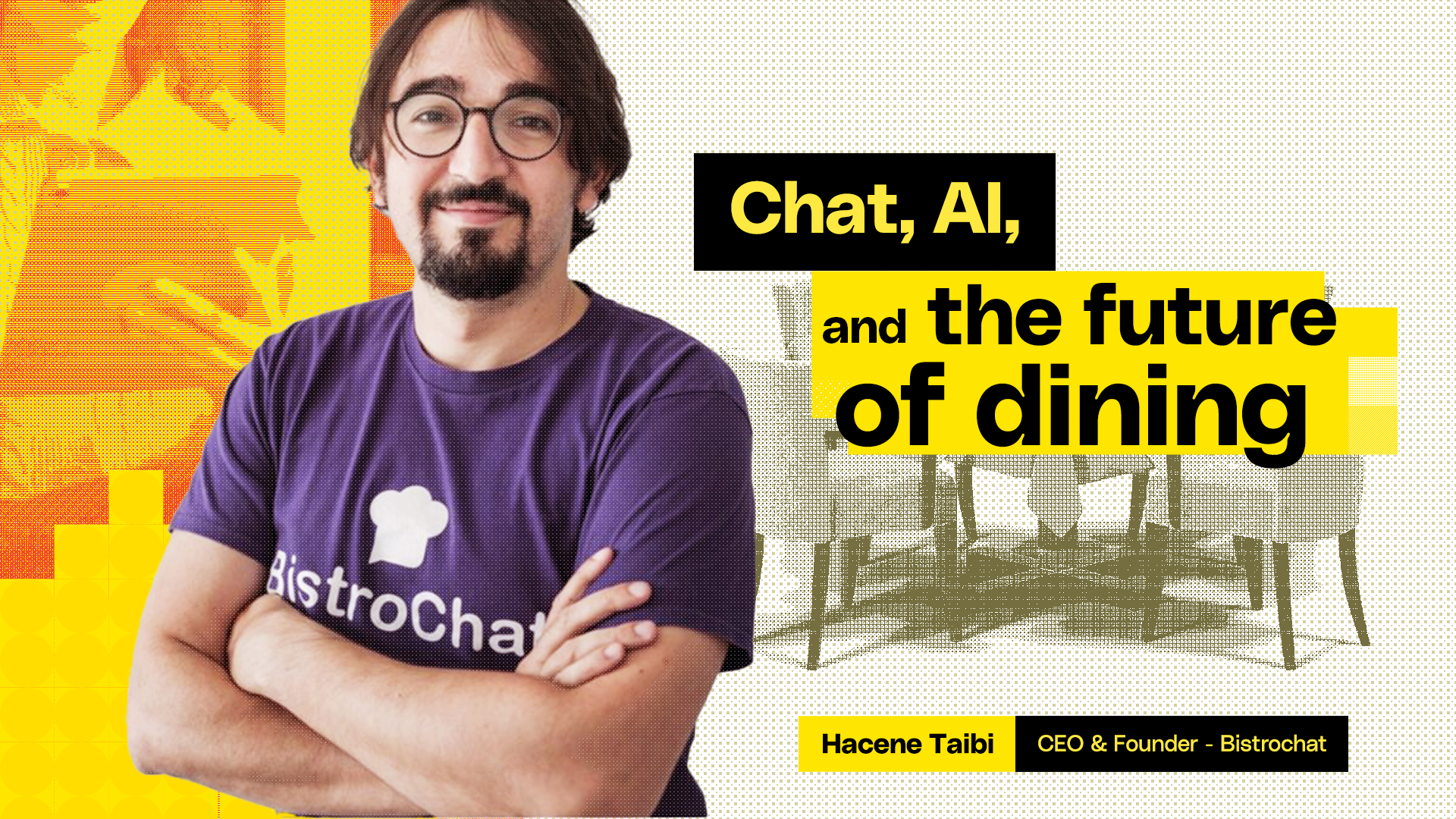.gif)
How to Change a Person’s Social Identity
.gif)
Humans are social animals. We fall into social circles and often expand those circles into bigger groups.
These groups become a part of who we are or our identity. The identities we adopt via these social processes are called social identities and they influence what we think, believe, and behave.
So, what happens when we threaten someone's social identity?
Behavioral scientist Jennifer Louise Petriglieri gives some insight into this. When identities are under threat there are typical coping strategies and responses. Many people do not want to change their identity and actively fight against it.
However, one of these responses is known as “meaning change”. Meaning change involves the restructuring of a person’s own identity and the meaning they associate with it. Petriglieri also refers to it as identity transformation.
It’s challenging for someone to give up their social identity, but it seems easier to exit their current identity if they have a substitute identity they can take on. This is how plenty of organizations like Alcoholics Anonymous change identity.
Alcoholics Anonymous (AA) has newcomers adopt the identity of an “alcoholic” to be open to change and to better fit into the group. AA effectively changes the meaning the person ascribes to themselves in order to get them to change. Stating that you’re an “alcoholic” when going through an alcohol substance abuse program probably leaves one more open to the methods of the program.
This can perhaps explain the success AA has on abstinence.
When people have a solid connection to a social identity it is difficult for them to let it go. People do not want to seem foolish, be threatened, or mocked.
So, how do we get a person to change their social identity? We try to get them to take on a new social identity, a social identity of being a scientist.
Psychologist Adam Grant suggests in his book Think Again, that we should come to a discussion with curiosity much like a scientist seeking truth. Instead, we often enter modes of being preachers, prosecutors, and politicians. We often try to
- Proselytize our own views like a preacher
- Attack someone else’s argument like a prosecutor
- Or don’t listen to people who don’t share our views like a politician.
For instance, in the debate about covid-19 vaccines, the social identity of being an anti-vaxxer is quite strong. Science communicators might try to attack an anti-vaxxer argument like a prosecutor or profess their own beliefs like a preacher, but will this get the anti-vaxxer to reconsider? Maybe, if their identity shifted from an anti-vaxxer to a scientist actual nuanced conversations could be had. Perhaps, they will reconsider their positions, to begin with, and both sides will come away having learned something.
Maybe by invoking meaning change, those who express science denial beliefs can be more open to scientific information and arguments.
Don’t miss out
Don’t miss out!








